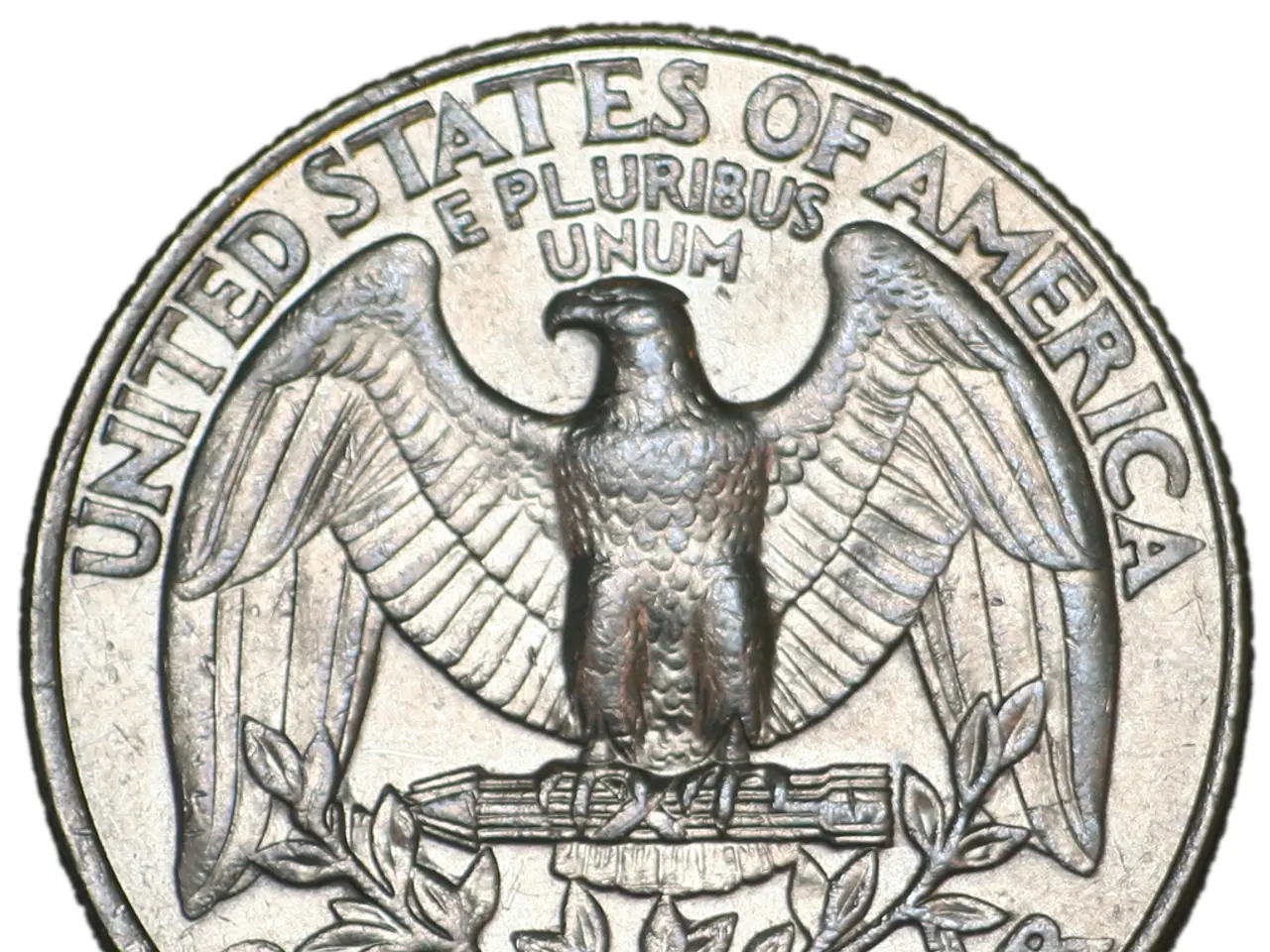TikTok faces fresh allegations
In a recent development, the privacy group Noyb (None of Your Business) has filed new complaints against TikTok, AliExpress, and WeChat in European countries, alleging violations of user data access rights under the General Data Protection Regulation (GDPR).
This is not the first time TikTok has been under scrutiny for its handling of user data. In 2020, the European Data Protection Authority fined TikTok €530 million for failing to provide sufficient protection to internet users. More recently, on July 10, 2025, TikTok, owned by the Chinese group ByteDance, came under investigation by the Irish Data Protection Authority (DPC) over the storage of certain personal data on Chinese servers. The DPC opened this investigation on behalf of the European Union.
The complaints against TikTok, AliExpress, and WeChat focus on the companies' failure to provide users with full and comprehensive access to their personal data or responding incompletely to access requests. The complaints have been submitted to data protection authorities in Belgium, Greece, and the Netherlands, marking an escalation in enforcement actions against major Chinese tech firms regarding their compliance with European privacy laws.
Since then, TikTok, AliExpress, and Xiaomi have complied with the complainants' requests. However, TikTok has not yet responded to a request for comment by AFP. Beijing has denied any involvement in this matter.
The Irish DPC's investigation into TikTok's storage of personal data on Chinese servers is ongoing, focusing specifically on the lawfulness of these data transfers and TikTok’s compliance with relevant GDPR provisions, including transparency and accountability. TikTok is challenging the €530 million sanction, warning that the EU ruling could set a precedent impacting many international businesses.
Noyb aims to prevent similar violations from happening in the future. The acronym Noyb stands for "None of your business," reflecting the group's mission to ensure companies respect user privacy rights. Noyb has been instrumental in securing billions of euros in fines for various web giants, including TikTok.
European data cannot be transferred to a third country unless it is deemed sufficiently secure by the EU, such as Japan, the United Kingdom, or the United States. However, concerns persist about the handling of user data by Chinese tech companies, particularly in light of the Chinese government's data protection laws, which are less stringent than those in the EU.
As regulators continue to scrutinise these companies, it remains to be seen whether TikTok, AliExpress, and WeChat will be able to address the concerns raised by Noyb and the European authorities. The current status of GDPR compliance for these companies in European countries is under review.
[1] https://www.reuters.com/business/technology/eu-fines-tiktok-530-million-gdpr-breaches-2020-11-16 [2] https://www.reuters.com/business/technology/tiktok-appeals-eu-530-million-fine-over-gdpr-breaches-2021-06-29 [3] https://www.reuters.com/business/technology/tiktok-faces-new-eu-probe-over-data-storage-on-chinese-servers-2021-07-12 [4] https://www.reuters.com/business/technology/tiktok-aliexpress-wechat-face-new-gdpr-complaints-privacy-group-2021-07-17
- The ongoing investigation by the Irish Data Protection Authority (DPC) raises questions about TikTok's compliance with GDPR regulations, particularly concerning the lawfulness of data transfers and transparency.
- The privacy group Noyb, which has secured fines for web giants like TikTok, has filed new complaints against TikTok, AliExpress, and WeChat, alleging violations of user data access rights under GDPR, indicating a continued concern about technology companies' handling of European user data.




